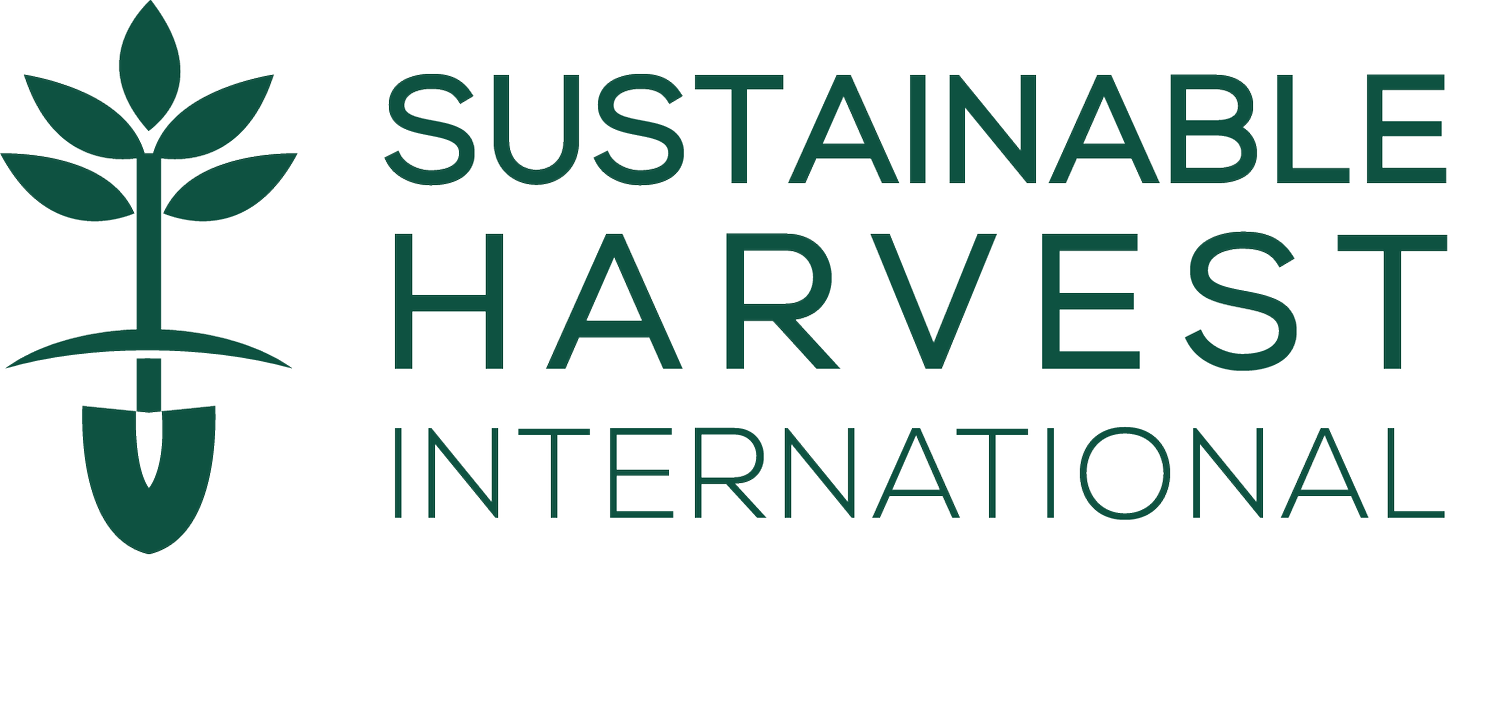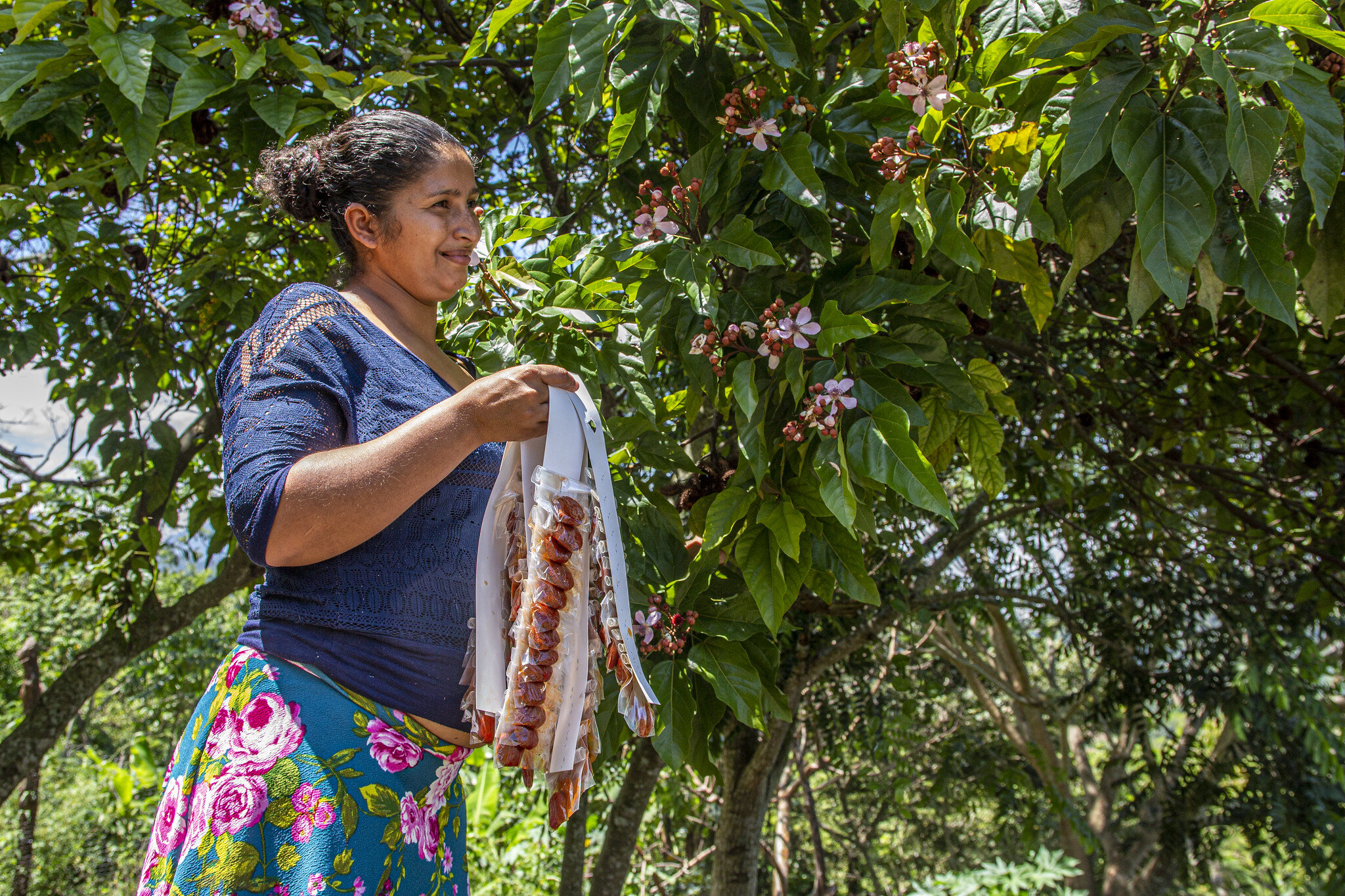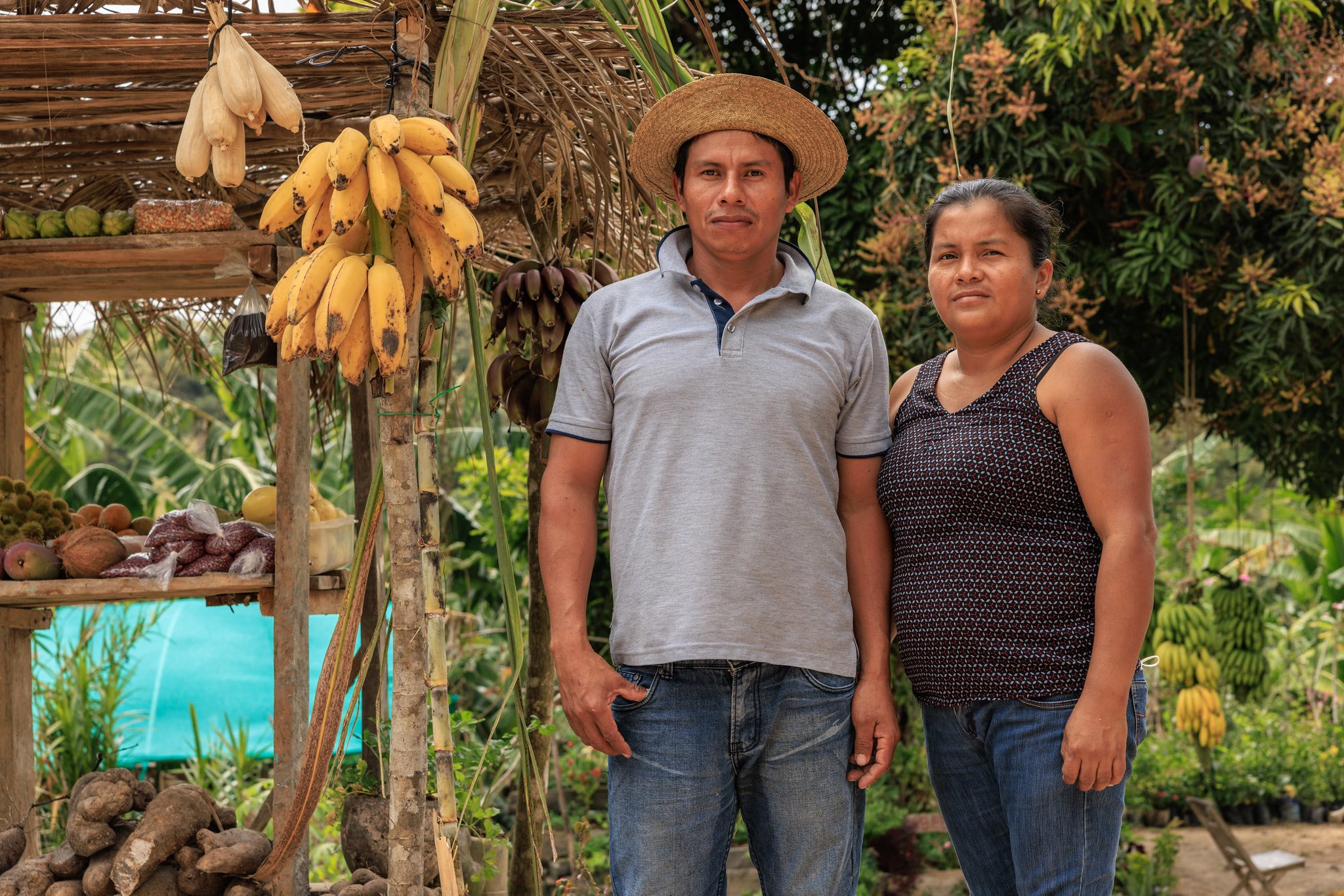Panama’s country program is deeply connected to the history of SHI. In the 1990’s SHI’s founder, Florence Reed, recognized that poverty in rural communities and severe damage to the ecosystems were interrelated.
Extractive industries (such as mining and conventional rice plantations), tropical deforestation, increased erosion due to siltation from the Panama Canal, and slash and burn farming practices all contributed to soil degradation and the inability to support essential harvests of healthy food.
Demonstrating the power of agroecology, SHI has successfully partnered with Panama’s rural farming families for over 27 years, transforming lands and livelihoods.
Total participating families: 1,211
Founded: 1997
Region: Penómene
PUBLIC ANNOUNCEMENT
After 27 years of partnering with rural Panamanian farming families to create healthy communities that thrive in restored tropical ecosystems, SHI has made the difficult decision to discontinue operations in Panama effective June 30, 2025. Circumstances beyond our control have exacerbated an already challenging environment in which to operate, and new opportunities have arisen that enable us to build on the many successes achieved in Panama. One such opportunity is the innovative ‘Training to Expand Eco-Agriculture’ (TREE) program in Honduras, which is utilizing SHI’s effective farmer-to-farmer training platform and adding small business development and market linkages to improve incomes and food security for our farming partner families. Click here to read more about TREE.
We celebrate and honor our community members who have worked tirelessly to improve their livelihoods and those of their neighbors. We celebrate the talented and dedicated
staff in Panama who have enabled over 631 families to participate in SHI’s programs, transform degraded land into productive regenerative organic farms, and provide ongoing
knowledge to improve SHI’s methods. And we celebrate with deep gratitude our family of donors who understand our mission and have enabled these successes.
Given our strong ties with many Panamanian farming communities and cherished field trainers, we remain open to returning with renewed vigor in the future, but for now we trust that our SHI friends and supporters will join us as we advance our regenerative agriculture efforts in current and expanding areas. While the 21st century poses daunting challenges, it also offers exciting ways to strengthen and augment SHI’s ongoing vision to enable people and the environment to thrive in a healthy balance.













